China pledges another 1bn COVID-19 vaccines for Africa amid Omicron scare
China has pledged to deliver another 1 billion doses of COVID-19 vaccines to Africa and encourage Chinese companies to invest no less than $10 billion in the continent over the next three years.
In a speech via video link at the opening of the Forum on China-Africa Cooperation on Monday, Chinese President Xi Jinping said 600 million vaccine doses would be donations and 400 million doses would be provided through other means, such as joint production by Chinese firms and relevant African countries.
China has already supplied nearly 200 million doses of its homegrown Sinopharm vaccine to Africa, where vaccination rates have fallen behind amid growing concern over the spread of the new Omicron variant of the coronavirus, identified first in South Africa earlier this month.
“We must continue to fight together against COVID," Xi told the summit, adding that China would send about 1,500 medical workers to Africa. “We must prioritize the protection of our people and close the vaccination gap.”
The African continent has been severely grappling with vaccine disparity, with only 6 percent of its population fully vaccinated. The emergence of the new COVID-19 has compounded the problem.
Analysts have said that the new COVID-19 variant tends to emerge in regions with relatively poor epidemic response capabilities, making regions like Africa extremely vulnerable.
More than a dozen countries in the African continent have vaccinated just 1 or 2 percent of their populations, as many Western nations have hoarded the global vaccine supply.
Around 10 percent of people in Africa have received one dose of a vaccine, compared with 64 percent in North America and 62 percent in Europe.
While South Africa has reached 27% vaccination rates, its rural areas are still lagging in single figures.
The victims of global vaccine inequality are now facing the Omicron variant, which the UK’s Department of Health has termed the most “complex” and “worrying” variant seen so far, prompting travel restrictions on South Africa and its neighbors.
Meanwhile, the cases of Omicron variant have already been identified in Australia, Belgium, Botswana, Britain, Canada, Denmark, France, Germany, China's Hong Kong, Israel, Italy, the Netherlands and Scotland, Reuters said on Monday.
South Africa's President, Cyril Ramaphosa, also speaking via video link during the Monday’s summit, thanked China for its support and said African economies should be able to manufacture COVID-19 vaccines.
Former UK Prime Minister Gordon Brown in an article in Guardian earlier this week said the new strain is "no surprise, as the failure by wealthy countries to share vaccines is "coming back to haunt us."
“In the absence of mass vaccination, Covid is not only spreading uninhibited among unprotected people but is mutating, with new variants emerging out of the poorest countries and now threatening to unleash themselves on even fully vaccinated people in the richest countries of the world,” he wrote.
UN Secretary-General Antonio Guterres has also expressed "deep concerned" over the isolation of southern Africa, adding that "the people of Africa cannot be blamed for the immorally low level of vaccinations available in Africa.”
The World Health Organization (WHO) also warned against countries hastily imposing travel curbs, saying they should look to a "risk-based and scientific approach.”
The world health body has said that it could take "days to several weeks" to understand whether it is more dangerous than the earlier variants, while warning against hasty travel bans.
"With the Omicron variant now detected in several regions of the world, putting in place travel bans that target Africa attacks global solidarity,” WHO regional director for Africa, Matshidiso Moeti said on Sunday.
Meanwhile, countries around the world have imposed travel restrictions on southern African nations in an attempt to stop the spread of the new strain, drawing anger and outrage.
Ramaphosa on Sunday blasted Western countries for new travel bans enacted against his country and its neighbors over the new COVID-19 variant Omicron.
Ramaphosa said he was "deeply disappointed" by the action, calling on countries to "immediately and urgently" reverse the restrictions, insisting that the decision was "not informed by science."
"We call upon all those countries that have imposed travel bans on our country and our southern African sister countries to immediately and urgently reverse their decisions," Ramaphosa said on Sunday, in his first address to the nation following the detection of a new variant.
South Africa reported 2,800 new infections on Sunday, a rise from the daily average of 500 in the previous week.
Government adviser and epidemiologist Salim Abdool Karim said he expected the number of cases to reach more than 10,000 a day by the end of the week.
The country’s health minister, Joe Phaahla, however, said on Monday that “there is absolutely no need to panic" because this "is no new territory for us.”
Omicron has been classed as a "variant of concern,” by the WHO, as early evidence suggests it has a heightened re-infection risk.
Hezbollah attacks Israeli forces after Lebanese homes blown up
World leaders, states hail ICC arrest warrants for Netanyahu, Gallant
MP: US accountable for possible Israeli 'foolishness' to attack Iraq
VIDEO | Israeli policies strangle Palestinian agriculture, economy
Iran's president offers condolences to Pakistan over terrorist attack
Canada’s Yukon town council at standstill over refusing oath to King Charles
Yemen's Houthi calls for jihad to protect Palestine against Israel
VIDEO | Internal rifts within Israel


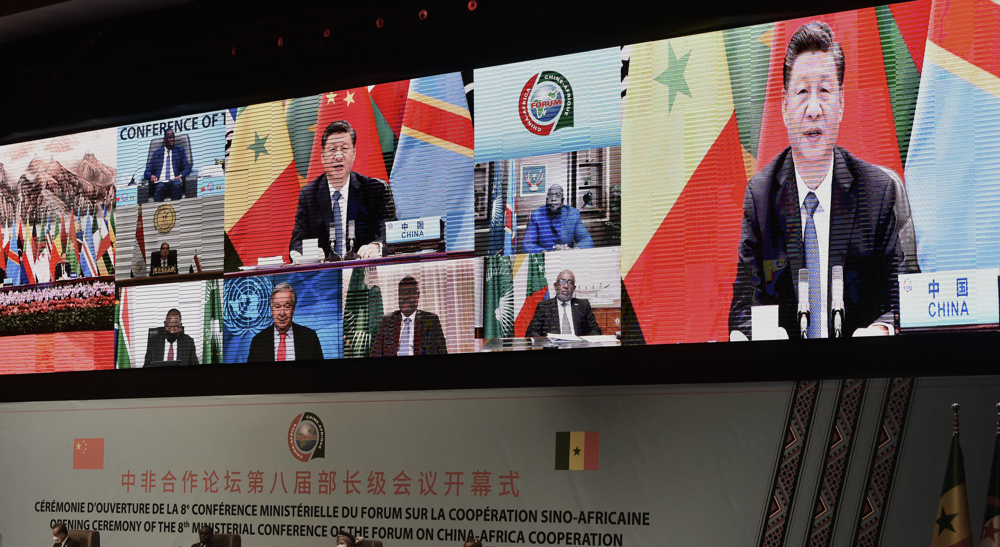
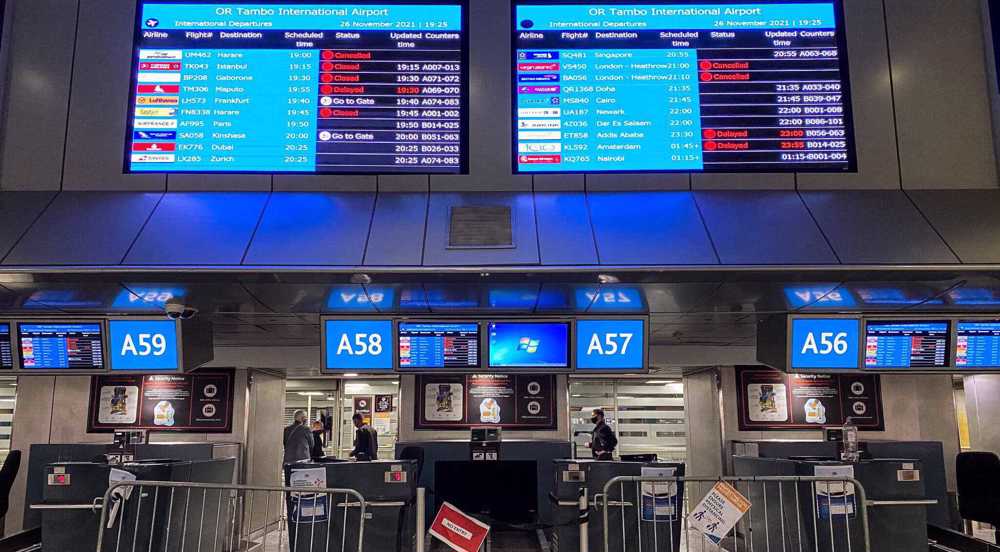
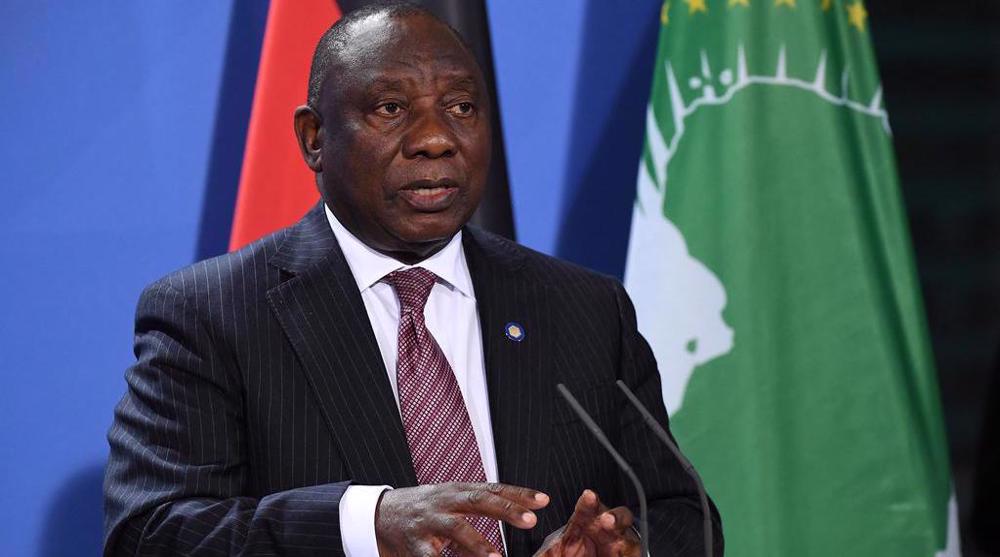
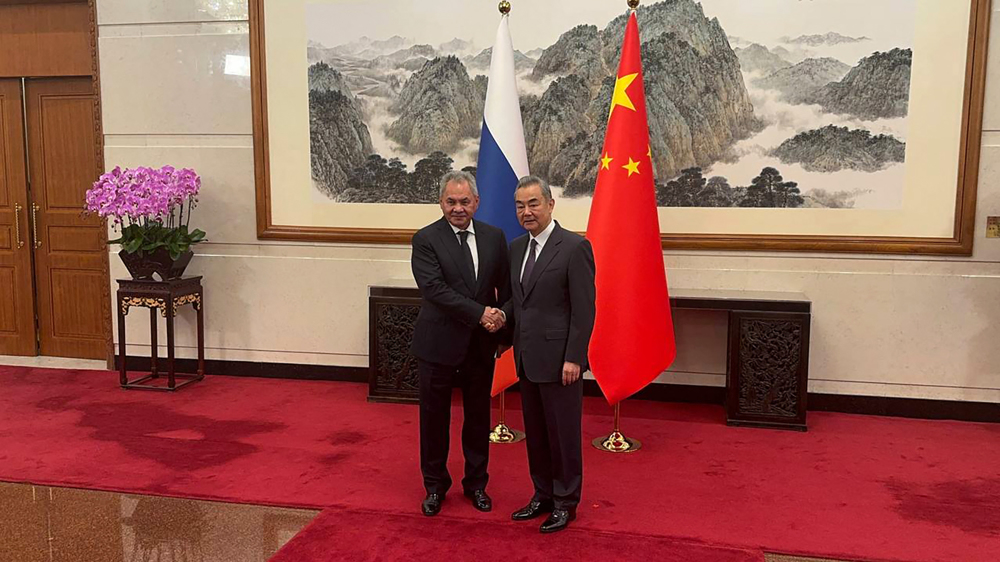
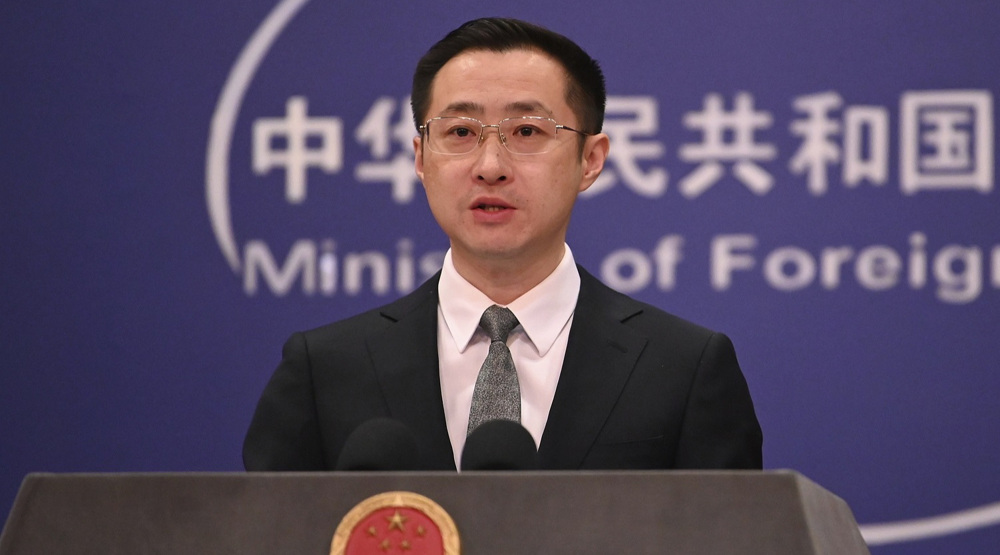
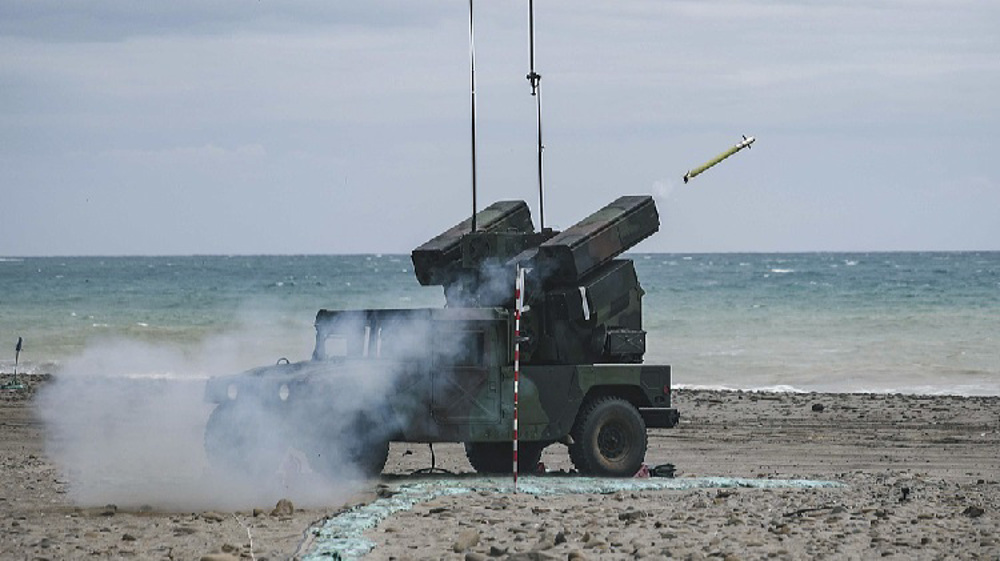




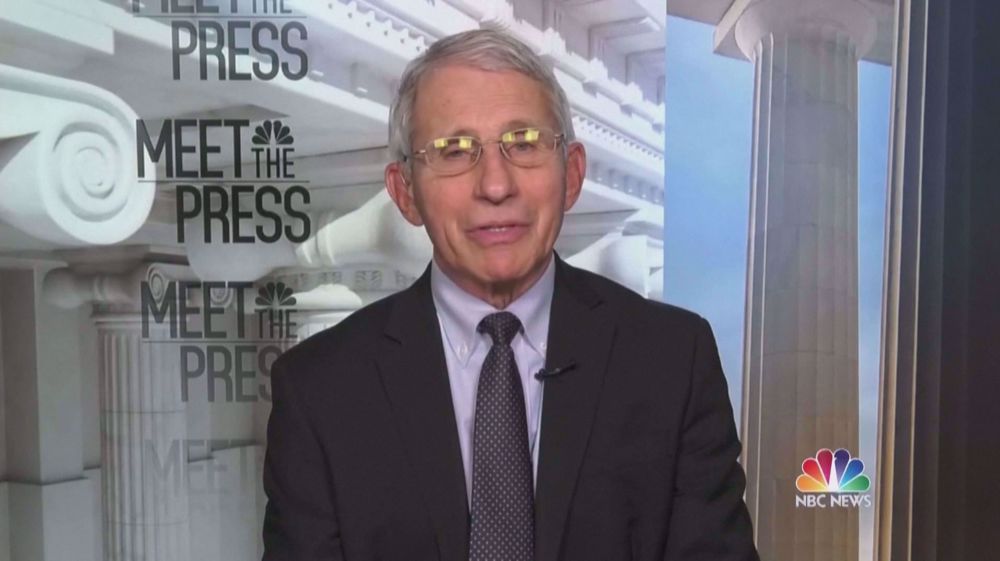
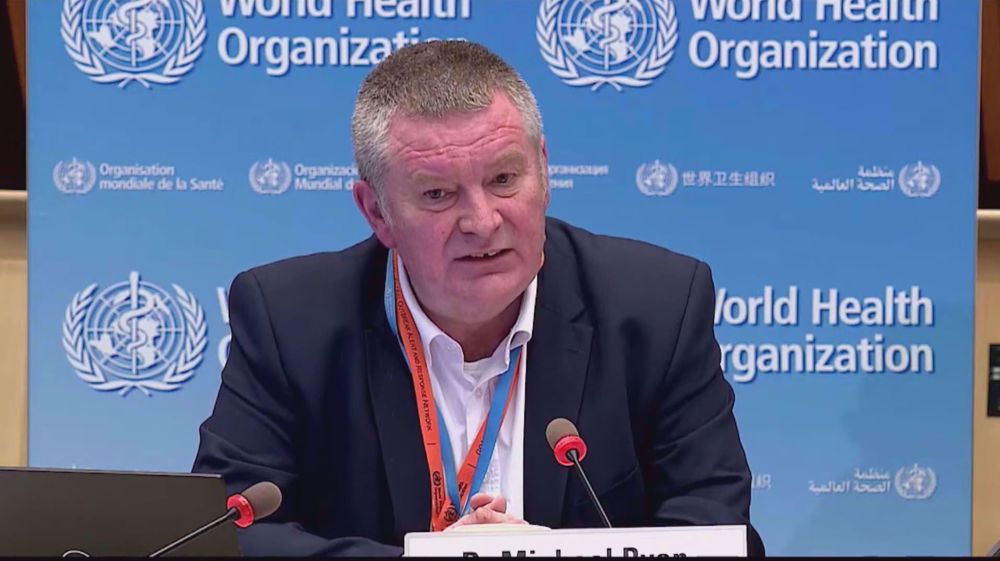
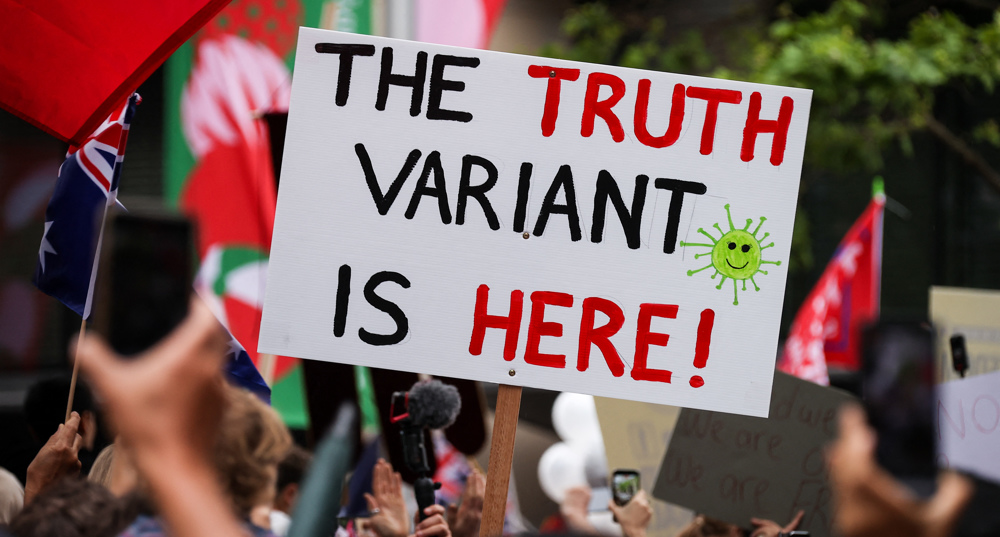

 This makes it easy to access the Press TV website
This makes it easy to access the Press TV website